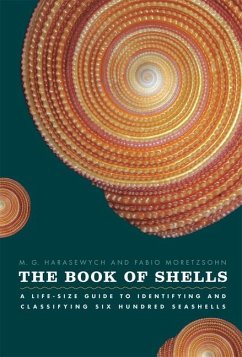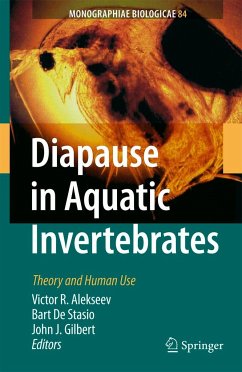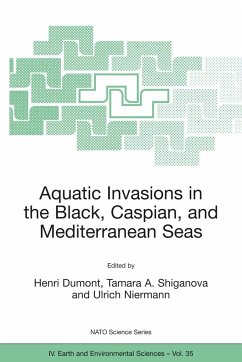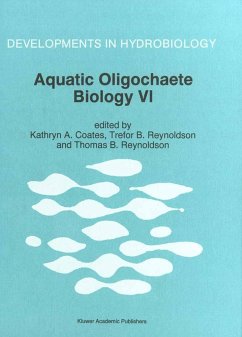
Physiology of Molluscs: Current Researches
Versandkostenfrei!
Versandfertig in über 4 Wochen
149,99 €
inkl. MwSt.

PAYBACK Punkte
75 °P sammeln!
Molluscs are a diverse phylum of invertebrate animals characterised by a soft body typically enclosed in a calcium carbonate shell. This phylum has a wide range of species inhabiting marine, freshwater and terrestrial environments. Molluscs exhibit considerable variation in size, shape and ecological niche, ranging from microscopic gastropods to giant squids. Physiologically, molluscs possess a well-developed circulatory system, usually with an open circulatory system and a simple nervous system consisting of ganglia and nerve cords. They exhibit various feeding strategies, including herbivory...
Molluscs are a diverse phylum of invertebrate animals characterised by a soft body typically enclosed in a calcium carbonate shell. This phylum has a wide range of species inhabiting marine, freshwater and terrestrial environments. Molluscs exhibit considerable variation in size, shape and ecological niche, ranging from microscopic gastropods to giant squids. Physiologically, molluscs possess a well-developed circulatory system, usually with an open circulatory system and a simple nervous system consisting of ganglia and nerve cords. They exhibit various feeding strategies, including herbivory, carnivory and filter feeding. Reproduction in molluscs can be sexual or asexual, depending on the species and fertilisation may occur internally or externally. Molluscs play essential roles in ecosystems as both predators and prey, contributing to nutrient cycling and ecosystem stability. The topics included in this book on molluscs are of utmost significance and bound to provide incredible insights to readers. The book presents research and studies performed by experts across the globe. It will serve as a valuable source of reference for graduate and post graduate students.












